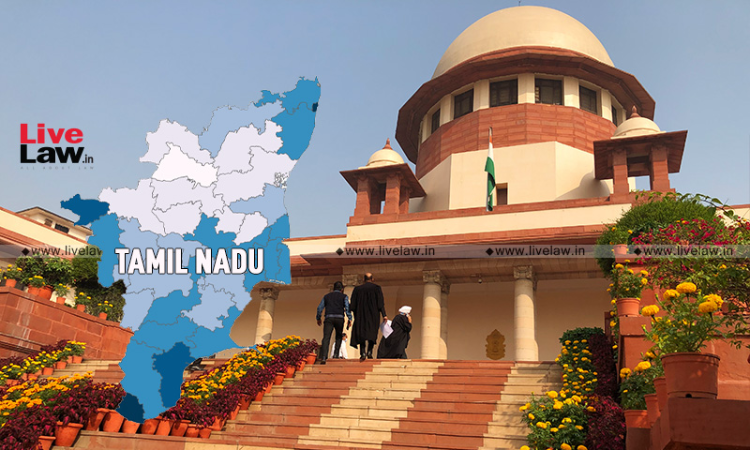Validity Of Vanniyar Internal Reservation : Supreme Court Hears Arguments On Need For Larger Bench
Sohini Chowdhury
15 Feb 2022 9:12 PM IST

Next Story
15 Feb 2022 9:12 PM IST
On Tuesday, the Supreme Court heard arguments on the issue whether the matter pertaining to the Tamil Nadu law that sub-classified the 20% reservation available to the Most Backward Classes to provide Vanniyar community 10.5% reservation in educational institutions and government jobs, entails constitutional interpretations and ought to be referred to a larger bench. A Bench...
